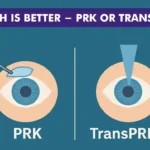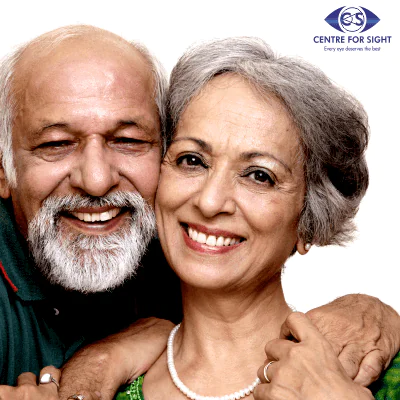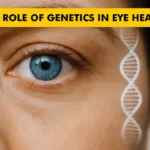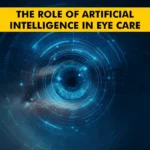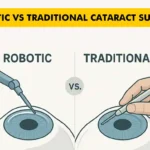The condition of poor visual perception is commonly defined as blindness. There is some classification when it comes to blindness and there are various scales to explain the extent of vision loss and define blindness. Total blindness is the complete lack of visual perception and is clinically recorded as “no light perception”. Blindness is frequently used to describe severe visual impairment with some remaining vision. Those described as having only light perception have no more sight than the ability to tell light from dark and the general direction of a light source. According to statistics, 285 million people were visually impaired in the world in 2012, out of which 246 million were cases of low vision and 39 million were cases of total blindness. The major part of this lies in the developing world and mostly occurring to people over the age of 50 years. Talking about numbers in India, one out of every three blind person in world is Indian i.e. estimated 15 million blind people live in India. Out of those 15 million, 3.5 million are reported cases of Corneal Blindness, one of the most common causes of blindness across the country with 30,000 cases adding each year. World Health Organization (WHO) has identified various sources which lead to blindness, which are diseases (like cataract, diabetes, glaucoma etc.), genetic defects, childhood blindness, accidents leading to eye injury etc. In case of blindness arising due to diseases like diabetes, which is known disturbance of the metabolism of human body, the diabetic person should take extra care of the eyes and any early symptom arising should be taken in consideration and treated by eye specialists. Early symptoms of blindness include cloudy vision, the inability to see shapes, seeing only shadows, poor night vision and tunnel vision. The issue of blindness can develop at infant stage too. A child’s visual system begins to develop in the womb, but will not be fully formed until about 2 years of age. A pediatrician will screen your baby for eye problems shortly after birth. If a person is experiencing one of the listed symptoms, he should consult an eye specialist at earliest. Some preventive measures should be adopted to help prevent vision loss. Get regular eye examinations to detect eye diseases. If you are diagnosed with certain eye conditions, such as glaucoma, treatment with medication can help to prevent blindness. In some cases of vision impairment, eyeglasses, surgery, or medication may help to restore your vision. Treatment of partial blindness that cannot be corrected includes guidance on how to function with limited vision. But in the case of complete blindness, it requires more efforts and need to learn certain skills to thrive in lifelike learning to read Braille, organizing your home so you can find things easily, folding money in distinct ways to distinguish bill amount, installing handrails in your bathroom are few to mention *The views expressed here are solely those of the author in his private capacity and do not in any way represent the views of Centre for Sight.
